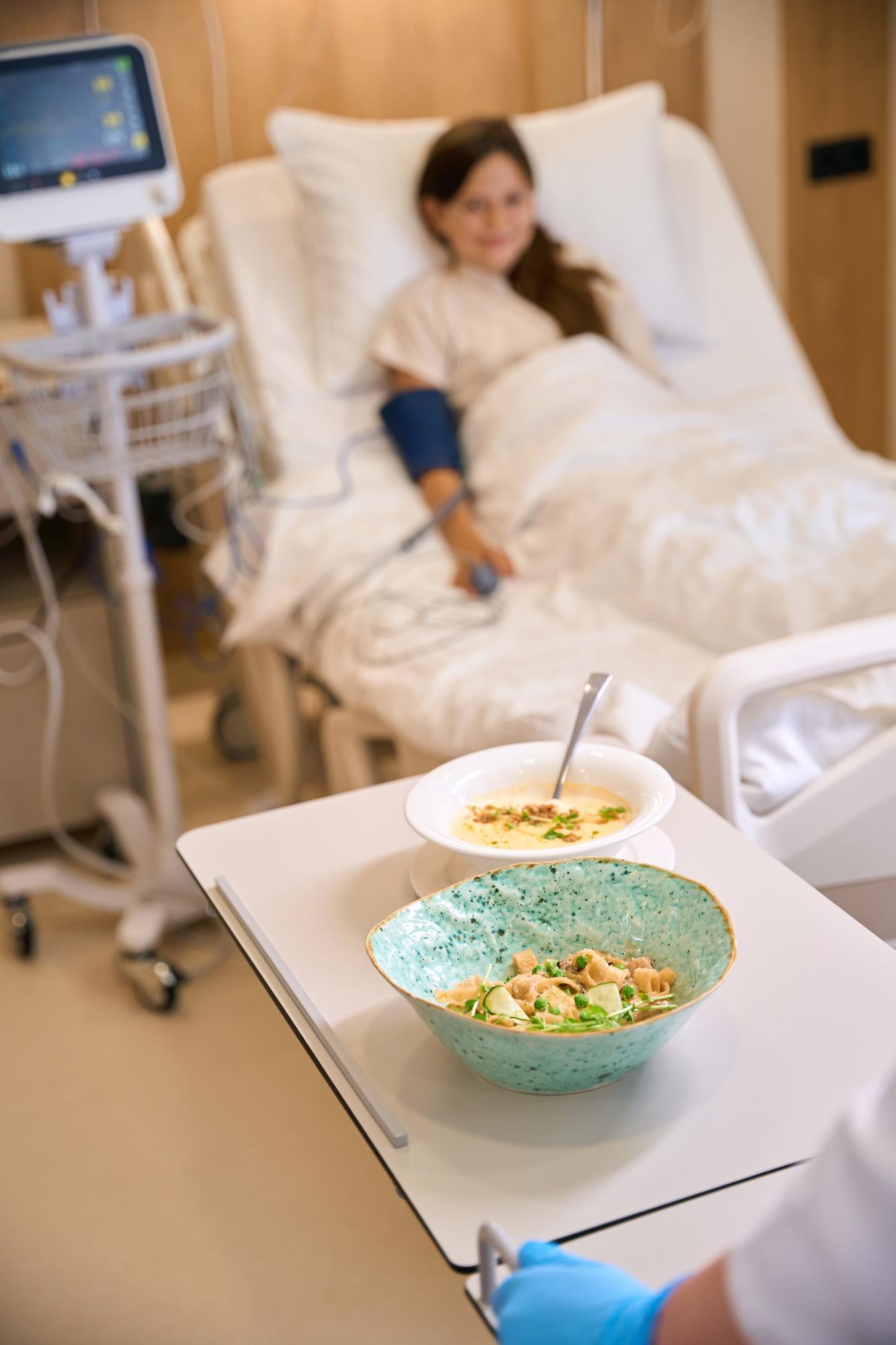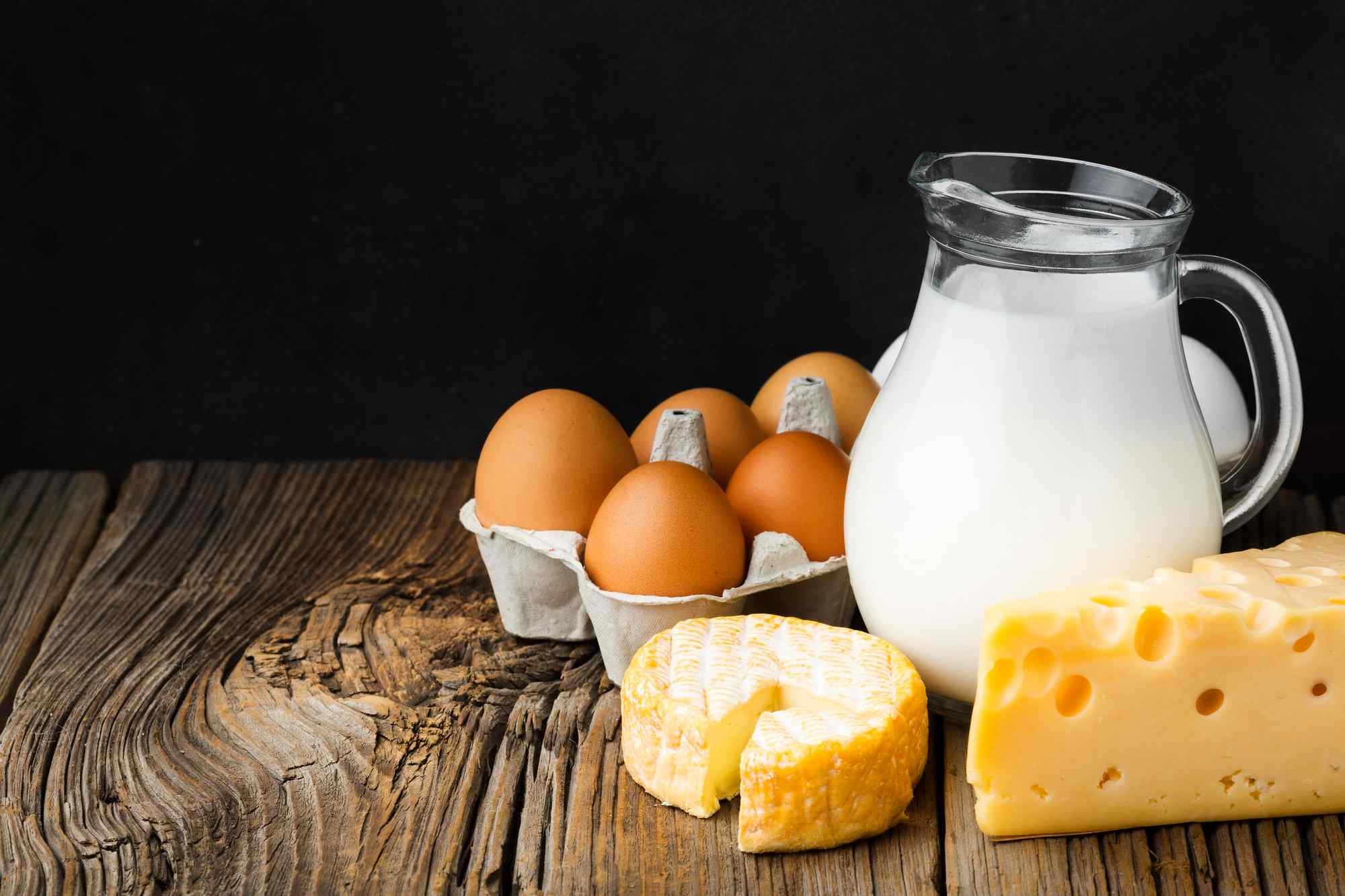
Cooking methods:
For people with gastrointestinal diseases or those after surgery: The food should be soft, tender and easily digestible.
For people with allergies: Avoid cross-contamination (use dedicated kitchen utensils).
Nutrition education:
Patients with kidney diseases should learn about the potassium/phosphorus content table of foods.
Cancer patients should master the preparation skills of high-energy density foods (such as adding nut butter).
Individualized adjustment:
The elderly need to increase the protein intake to 1.2 g/kg body weight (to prevent sarcopenia).
Children with allergies should pay attention to the supplementation of calcium and vitamin D (to prevent rickets).
Note:
All plans need to be combined with clinical treatments (such as dialysis and chemotherapy) and implemented under the guidance of doctors or dietitians.
It is recommended to have regular reexaminations of relevant biochemical indicators (such as renal function and allergen IgE) and dynamically adjust the dietary plan.




